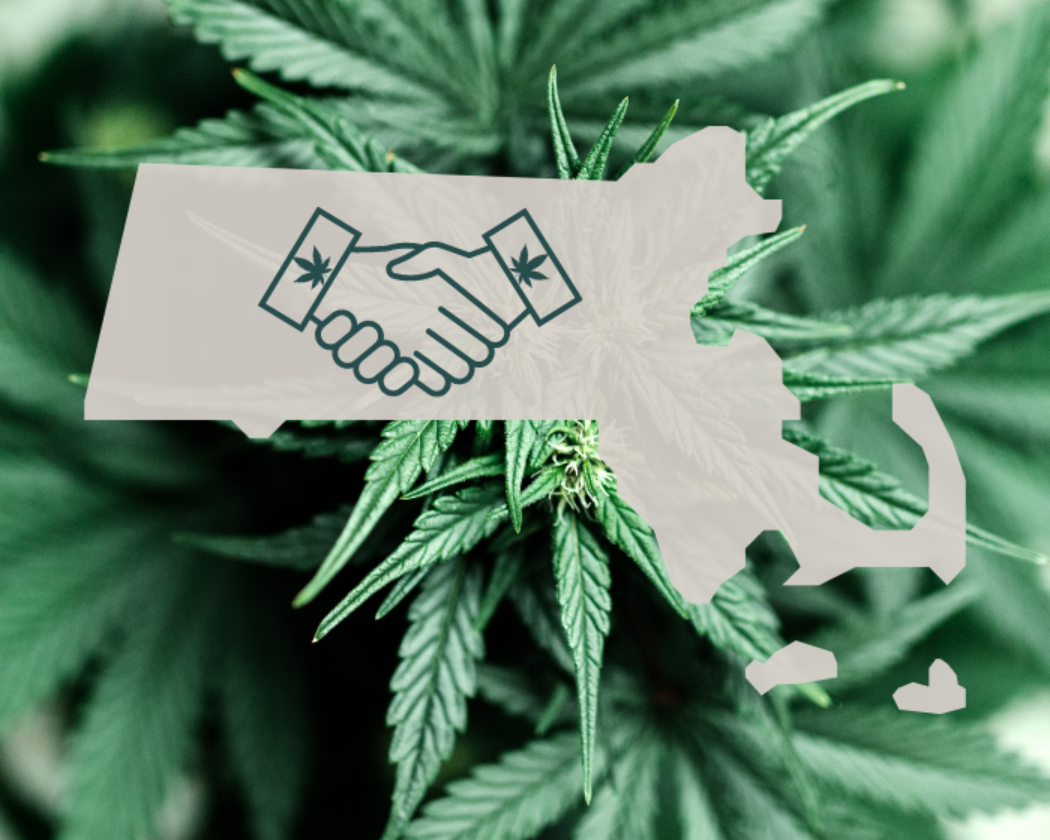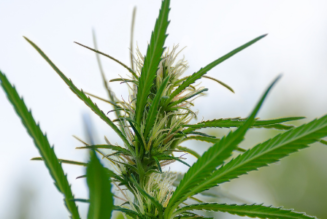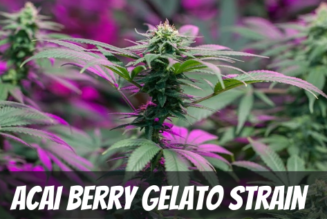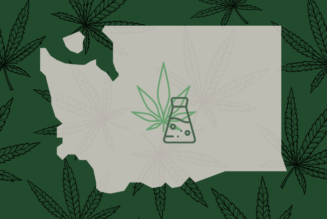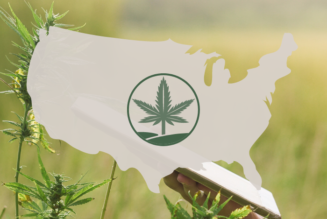Hemp and cannabis might seem like obvious partners in business. But in many places, especially those with recreational adult-use, economic and regulatory tensions have instead created rivalries.
One state with recreational cannabis seems to have tweaked its laws in a way that encourages partnerships: Massachusetts.
Friends or Rivals?
The rivalry between hemp and cannabis seems to have grown in tandem with consumer interest in delta-8 and other hemp-derived THC.
Several of the first states to ban delta-8 had legal delta-9 cannabis markets, including Alaska, Arizona, Colorado and Montana. Washington, another state with adult use, issued an advisory ban on hemp-derived THC in April 2021, though legislators have yet to pass a formal rule.
In these places, hemp-derived THC is perceived as a threat to the established delta-9 industry. And for good reason. It’s less expensive to produce, in large part because hemp isn’t subject to the same stringent regulations and high license fees as other cannabis.
But there’s one other reason: when it comes to supply, hemp has much broader reach. THC-rich cannabis must be grown in the state where it’s sold. It can’t legally cross any state line because it’s still federally prohibited. Hemp, on the other hand, is considered an agricultural crop and is free to move across the country.
So while a thriving hemp market would, in theory, be good for a state’s hemp farmers no matter the end product, the theory doesn’t hold if the hemp can be shipped in from out of state.
This case was argued recently in Michigan, the first state to regulate delta-8 THC rather than banning it. Regulators recently altered course, dropping a plan to allow marijuana processors to turn hemp into THC.
The stated reason for the change in plans was consumer safety, but a founder of the state’s cannabis business association acknowledged there were economic motives — including that hemp could be shipped in from states with longer growing seasons.
Massachusetts may have found an answer to that particular problem.
The In-State Advantage
A 2020 state law allows Massachusetts hemp companies to sell their products to licensed cannabis operators in the state. (Before the law was put in place, the cannabis and hemp industries couldn’t intersect at all.)
The change has already increased sales for hemp growers and manufacturers, and with the start of a new growing season, hopes are high.
“This season,” Dan Adams reported for the Boston Globe, “local hemp growers and processors expect to finally see some green, thanks to new state rules allowing them to partner with marijuana companies that have more legal leeway to make CBD edibles.”
The Boston Globe report focused on non-psychoactive cannabinoids. Although delta-8 appears to be available for sale in the state, it’s unclear whether it’s being produced there. According to Adams, local THC-free products are in demand alongside THC.
“… [S]helves at medical dispensaries and recreational marijuana retailers in the state are increasingly packed with a wide variety of products containing Massachusetts-grown hemp,” Adams wrote. “They include CBD lip balms, lotions, and THC-free extracts made by hemp firms themselves, plus tinctures and edibles manufactured by marijuana companies that incorporate raw flower purchased from local hemp farmers or extracts from local hemp processors.”
One Massachusetts hemp company, The Healing Rose, said its revenue more than tripled since the law went into effect, about a year ago. Those sales are helping local hemp processors and farmers, too.
They’re also beneficial to delta-9 cannabis companies, which can focus their efforts on THC-rich strains and buy additional extracts to offer customers a greater variety.
One company that extracts CBD and other cannabinoids from hemp, Bay State Extracts, told the Globe it plans to work with twice as many farmers as it did last year and is paying more for hemp, thanks to the new law.
